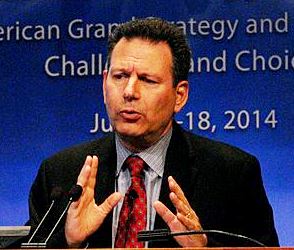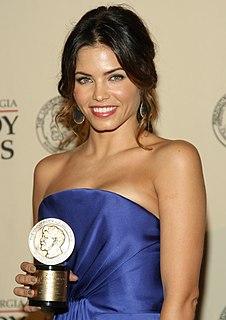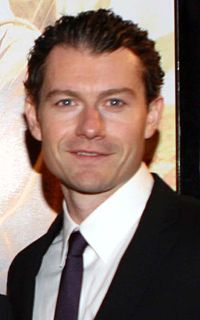A Quote by Florence Littauer
For some, transformation comes quickly, but for most of us, the changes are gradual.
Related Quotes
A real love letter is made of insight, understanding, and compassion. Otherwise it's not a love letter. A true love letter can produce a transformation in the other person, and therefore in the world. But before it produces a transformation in the other person, it has to produce a transformation within us. Some letters may take the whole of our lifetime to write.
en you show up to work and put on your undergarments, throw on your suspenders and your cowboy boots, throw some dirt on you, and then get on your spurs, you start to walk a bit different. When you put on your gun belts, you change again. You go through this whole transformation process. All that stuff changes you. Riding a horse changes the way you walk and your demeanor.
Paleontologists had long been aware of a seeming contradiction between Darwin's postulate of gradualism, confirmed by the work of population genetics, and the actual findings of paleontology. Following phyletic lines through time seemed to reveal only minimal gradual changes but no clear evidence for any change of a species into a different genus or for the gradual origin of an evolutionary novelty. Anything truly novel always seemed to appear quite abruptly in the fossil record.

































